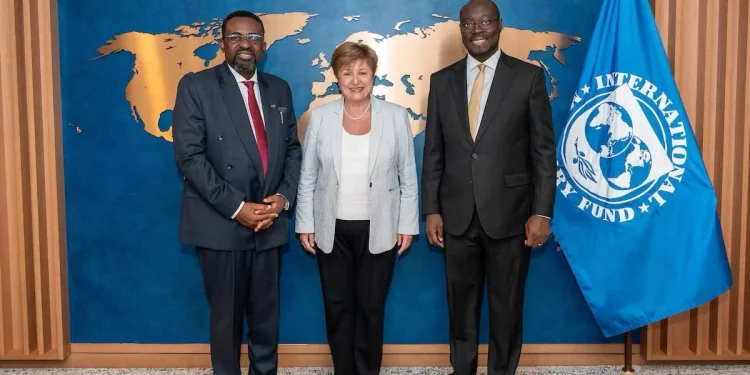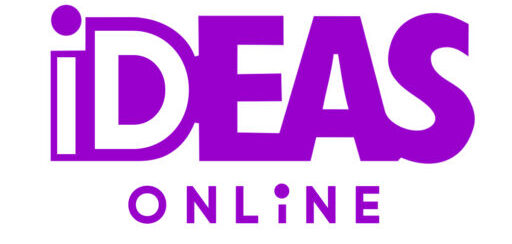On September 29, an IMF staff mission travels to Ghana for the fifth program review.
On September 29, 2025, a staff team from the International Monetary Fund (IMF) is expected to land in Accra for Ghana’s fifth program review under the US$3 billion Extended Credit Facility (ECF).
Following the conclusion of the fourth assessment earlier this year, the review will analyse Ghana‘s progress towards important macroeconomic and fiscal goals.
Additionally, it is anticipated to ascertain whether the nation is eligible for the upcoming October payment of roughly US$360 million.

Since joining the program in May 2023, Ghana has received over US$2.3 billion to date.
Since the fifth review is the penultimate evaluation before the program ends in May 2026, it has extra weight.
Ghana’s economic data through June 2025 will be evaluated by the next IMF mission, and talks are anticipated to centre on important issues.
These include the sustainability of reserve building, the efficiency of policy actions, inflation trends, and fiscal restraint, especially the advancement of the 1.5% of GDP primary surplus target.
The assessment will also look at the accumulation of arrears in statutory funds like the Road Fund, GETFund, and National Health Insurance Levy (NHIL), as well as the necessity for state-owned institutions like the National Investment Bank (NIB) and weak commercial banks to recapitalise.
Furthermore, when the IMF assesses Ghana’s capacity to strike a balance between fiscal adjustment and protecting vulnerable populations, gaps in social spending and protection programs are probably going to be a major theme.
Ghana risks facing fiscal pressures once IMF oversight ends, raising concerns about post-programme discipline.
Development partners have urged the government to put in place “shock absorbers” to prevent economic slippages, but authorities insist that reforms and expenditure controls are already in place to reassure markets.
The IMF approved the SDR 2.242 billion (about US$3 billion) arrangement for Ghana in May 2023 to restore debt sustainability, rebuild reserves, and support structural reforms.
The programme’s key priorities include strengthening revenue mobilisation, improving public financial management, curbing inflation, preserving financial stability, and creating conditions for private-sector-led growth.
With one final review scheduled for April 2026, the upcoming assessment will serve as a critical test of Ghana’s ability to maintain reforms and sustain market confidence as the country prepares to exit IMF support.
